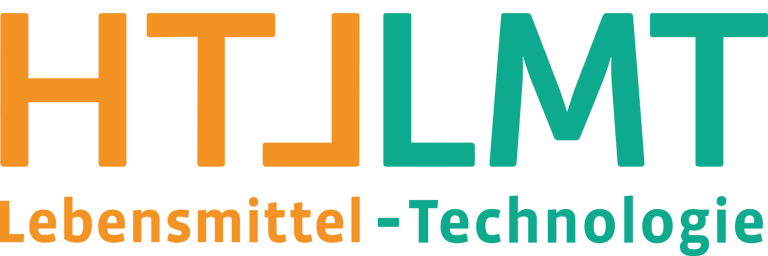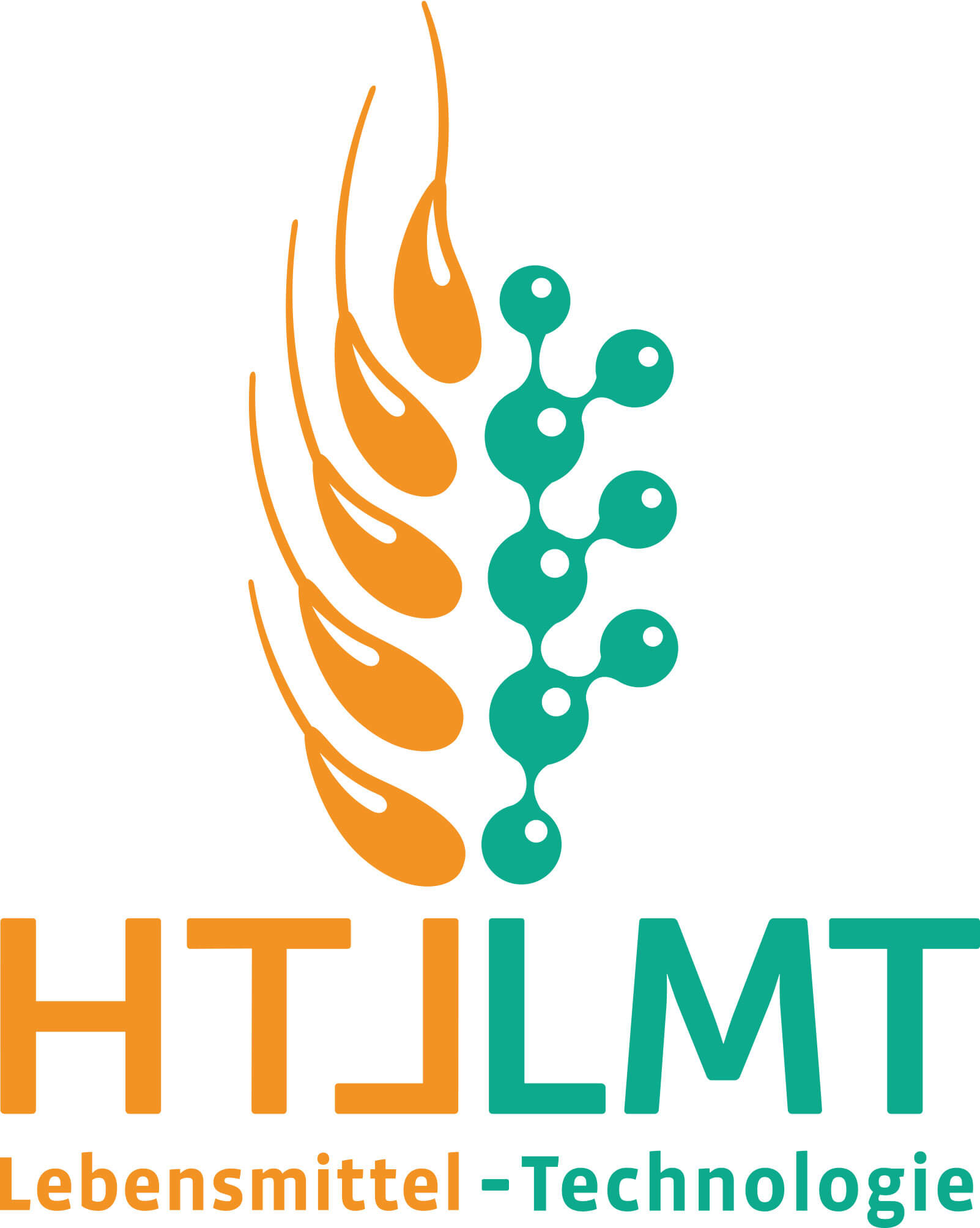Berufsreifeprüfung: Teilprüfung aus Englisch
Information für Kandidatinnen/Kandidaten
Mündliche Prüfung
Die mündliche Prüfung besteht aus einem monologischen und einem dialogischen Teil. Prüfungsgrundlage sind die unten angeführten Themenbereiche. Zur Vorbereitung können neben den angebotenen Vorbereitungskursen auch die an HTLs üblichen Englischbücher („The New Best Shots) verwendet werden.
Jede Kandidatin, jeder Kandidat zieht zwei Themenbereiche und entscheidet sich anschließend für einen dieser Bereiche. Die Prüferin, der Prüfer teilt dann eine Prüfungsaufgabe aus dem gewählten Bereich zu. Diese Aufgabe muss dann behandelt werden.
Im ersten Prüfungsteil muss die jeweilige Aufgabenstellung in Form einer monologischen Präsentation abgehandelt werden. Im zweiten Teil sollen die interaktiven (dialogischen) Fähigkeiten der Kandidatin, des Kandidaten in einem Prüfungsgespräch festgestellt werden.
Themenbereiche für die mündliche Berufsreifeprüfung aus Englisch
Prüferin: Vanessa Hudler, BEd, MEd / Mag. Karin Reisinger
- Nutrition, Food and Lifestyle
- a healthy diet and lifestyle, food pyramid
- fast food and health risks, advertising and obesity
- food trends: buy organic and local, vegetarianism, veganism, eating insects, food waste (dumpsters)
- food intolerances and allergies, celiac disease
- Computer, Internet and Modern Communication
- advertising
- social networks (internet fraud, cyberbullying, privacy, fake news)
- smart homes/cities/cars, AI, robotics, Chat GPT
- surveillance and security
- online vs. traditional shopping
- World of Work
- application, job interview, strengths and weaknesses, job satisfaction
- pay gap between men and women
- volunteering
- jobs of the future
- Energy, Climate and Environment
- renewable, non-renewable and alternative forms of energy
- energy consumption (carbon footprint…)
- exploitation of resources (water shortage, fracking, logging, overfishing, …)
- environmental threats (ocean pollution, global warming, waste management…)
- Our Changing World
- globalisation, fair trade
- global goals for sustainable development (17 SDGs)
- cultural awareness and stereotypes
- the future of tourism (types of tourism, endangered holiday destinations, water shortage, …)
- Food and Beverages
- food insecurity and world hunger
- food production and the environment
- food and media (advertising)
- meat substitutes
- shelf life of food
- Young People`s Concerns
- addictions
- stand up for your rights (human rights, children`s issues)
- beauty standards (body image and self-esteem, …)
- living conditions in (mega)cities







